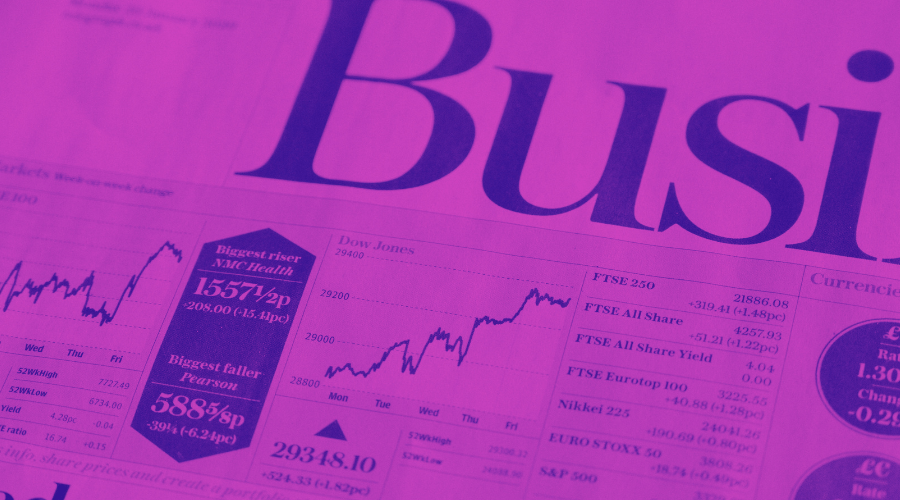Unterstanding Inflation
Inflation is one of those financial terms that often gets thrown around, but its impact on your wealth and financial health is profound. As of this writing, the inflation rate in the U.S. stands at 2.9%, while Germany’s rate is 1.9%. These seemingly small percentages can have significant long-term effects on your purchasing power, savings, and overall financial well-being. In this article, we’ll explore what inflation is, how it affects your wealth, and why investing is essential to safeguard and grow your assets.
What Is Inflation?
Inflation refers to the general increase in prices of goods and services over time. This means that as inflation rises, the purchasing power of your money decreases. For example, if the inflation rate is 2.9%, something that costs $100 today will cost $102.90 a year from now. While a 2.9% increase might seem small, over time, it can significantly erode the value of your savings if they are not growing at a rate that matches or exceeds inflation.
The Impact of Inflation on Wealth
Inflation is more than just an abstract economic concept. It has real, tangible effects on your everyday life and long-term financial goals. Even small changes in inflation can significantly impact your ability to maintain your lifestyle, save for the future, and achieve financial independence. As prices rise, the value of your money decreases, making it more challenging to afford the same goods and services over time. Understanding these dynamics is crucial for making informed decisions about how to protect and grow your wealth in an inflationary environment.
Erosion of Purchasing Power:
The most immediate effect of inflation is the erosion of purchasing power. If your income and savings do not grow at the same rate as inflation, you will find that your money buys less over time. This can affect everything from your grocery bill to the cost of major purchases like a car or home.
Savings Lose Value:
If you’re holding a large portion of your wealth in cash or low-interest savings accounts, inflation can slowly erode the real value of that money. For instance, if you have $10,000 in a savings account with an interest rate of 0.1%, and inflation is at 2.9%, your money is effectively losing value each year.
Fixed-Income Assets Are Vulnerable:
Assets like bonds, which pay a fixed interest rate, are particularly vulnerable to inflation. If you hold a bond paying 3% interest in an environment where inflation is 2.9%, your real return is minimal. If inflation were to rise above your bond’s interest rate, you could actually be losing purchasing power.
Impact on Debt:
On the flip side, inflation can actually benefit borrowers with fixed-rate debt. As prices and wages rise, the real value of the debt decreases, making it easier to pay off. However, this only works if your income keeps pace with inflation.
Why Investing Is Essential in an Inflationary Environment
Given the effects of inflation, investing is not just an option but a necessity to preserve and grow your wealth. With Finslice, we want to support you and enable fractional investing in innovative asset classes. Here’s why:
Beat Inflation:
Investing in assets that historically offer higher returns than the inflation rate, such as luxury watches, art, whiskey, real estate, stocks, or commodities, can help you stay ahead. This article reveals why alternative assets can be particularly interesting.
Diversification:
By diversifying your investments across various asset classes, you can reduce risk and increase the chances of earning a return that beats inflation. Diversification also helps protect your portfolio against market volatility and economic downturns.
The Current Inflation Landscape: U.S. vs. Germany
As of now, the U.S. inflation rate is 2.9%, while Germany’s is at 1.9%. Although both rates are seem relatively low, they still highlight the importance of proactive financial management. For U.S. investors, the higher inflation rate means that the cost of living is rising faster, necessitating investments with higher potential returns. In Germany, the lower inflation rate might suggest a more stable environment, but the need to invest remains the same to ensure wealth growth.
Conclusion
Inflation is an inevitable part of the economic cycle, and its impact on your wealth can be significant. By understanding how inflation erodes purchasing power and the value of savings, you can take proactive steps to protect and grow your wealth. Investing in a diversified portfolio that includes assets with the potential for higher returns is essential to staying ahead of inflation and ensuring long-term financial security. Whether you’re in the U.S., Germany, or anywhere else, the key to financial success in an inflationary monetary system is to invest wisely and consistently.







